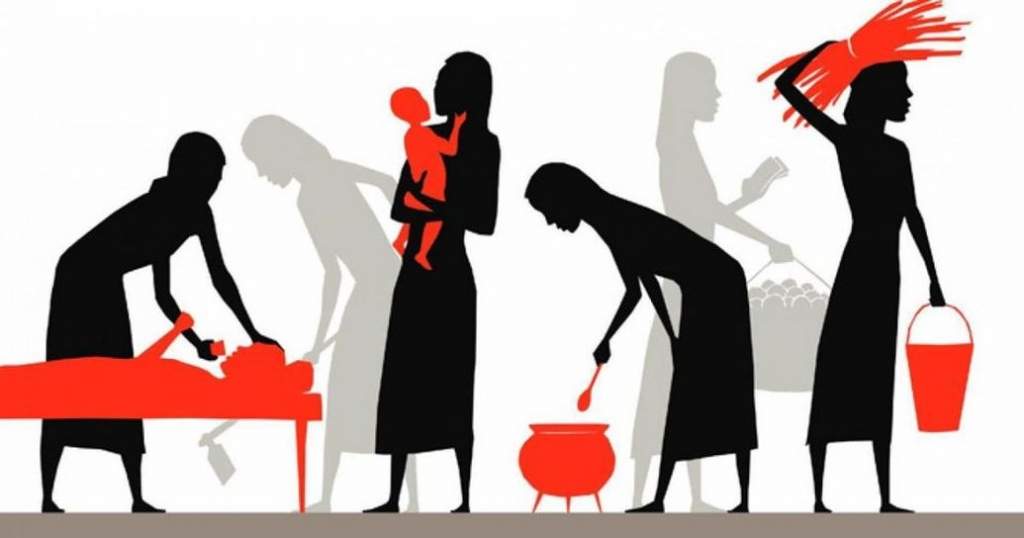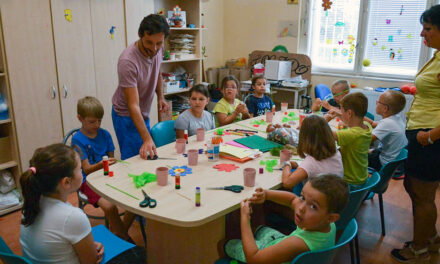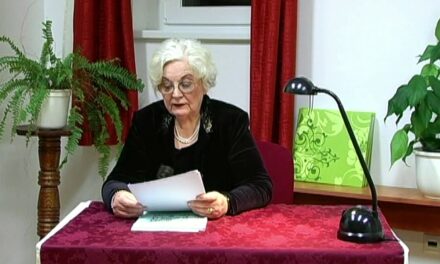96 percent of mothers with small children do invisible work at home, and married people can count on the most help in this, according to the research of the Foundation for Healthy and Harmonious Families (EHCSA) and the Mária Kopp Institute for Population and Families (KINCS). Two-thirds of respondents believe that housework has monetary value. The survey also pointed out that mothers with large families receive the most help, although they are also responsible for most of the household chores. Today is the World Day of Invisible Work.
Invisible work is a type of work that is unpaid. These are the jobs that many people take for granted, but the lack of which is immediately apparent. Its scale is also significant at the level of the national economy, if we were to include it in the GDP, it would be almost 25 percent higher. This category includes tasks related to the household, raising children or elderly relatives, but also volunteer work.
Mothers aged 18-49 were asked in the research published last December on the occasion of the World Day of Invisible Work.
The answers revealed that the majority of mothers (62 percent) have heard that in addition to paid work, there is unpaid, so-called invisible work, and a large majority of them (81 percent) also know the meaning of the term.
The survey found that most people get help from their adult family members with tasks around the house, especially married people can count on their partner, but grandparents and older children often also get involved in the invisible work. The results show that 95 percent of spouses help with household chores, yet only one-fifth of the women interviewed feel that the tasks are divided proportionately. The vast majority of them (79 percent) believe that women have more to do than men. According to the respondents, one fifth of mothers use paid help.
The survey also pointed out that mothers with large families receive more help from their partners as well as their children. A third of the respondents often, and 57 percent only rarely, find it burdensome to do household chores, but at the same time, every tenth mother takes great pleasure in them. Every second woman participating in the research (51 percent) feels that her invisible work is appreciated in the family, but almost a third of them (29 percent) do not experience this.
The survey also confirms that it is sometimes necessary to draw society's attention to the importance of invisible work.












